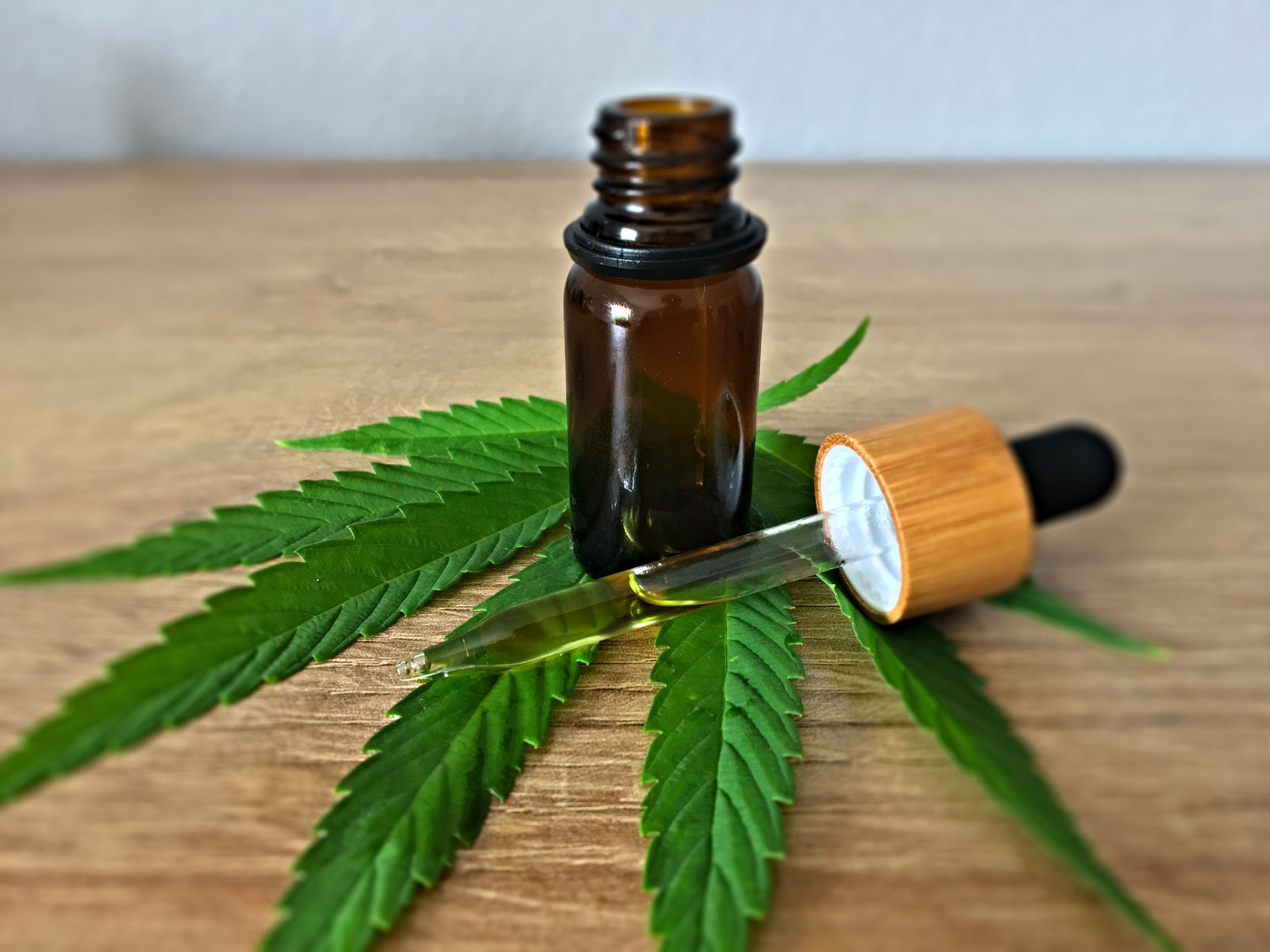From Tension to Relaxation: Using CBD Oil to Unwind
In our fast-paced world filled with deadlines, responsibilities, and constant connectivity, finding moments of relaxation has become increasingly important for our well-being. Chronic stress and tension can take a toll on both our physical and mental health, making it essential to seek effective methods to unwind and recharge. Enter CBD oil – a natural remedy that has gained attention for its potential to promote relaxation and alleviate stress. In this article, we'll explore how CBD oil can help transition from tension to relaxation and enhance overall well-being.

Understanding Stress and Relaxation
Stress is a natural response to challenging situations, triggering the body's fight-or-flight response. However, chronic stress can lead to negative health outcomes, including anxiety, sleep disturbances, and even cardiovascular issues. On the other hand, relaxation allows the body and mind to recover, reducing stress hormones and promoting a sense of calm and well-being.
The Role of CBD in Promoting Relaxation
Cannabidiol (CBD), a non-psychoactive compound derived from the cannabis plant, interacts with the body's endocannabinoid system (ECS). The ECS is involved in regulating various physiological processes, including those related to stress and relaxation. CBD's interaction with the ECS may influence neurotransmitter release, mood regulation, and stress responses.
Scientific Evidence on CBD's Effects on Relaxation
While research into CBD's effects on relaxation is ongoing, there are interesting findings that suggest its potential benefits. A study published in the Frontiers in Immunology journal in 2018 discussed CBD's potential anxiolytic (anxiety-reducing) effects. The researchers noted that CBD might have a positive impact on anxiety-related behaviors and physiological responses.
Another study published in the Journal of Clinical Psychology in 2019 explored the effects of CBD on sleep and anxiety. The study suggested that CBD might be associated with improved sleep and reduced anxiety in a clinical population.
CBD's Potential to Ease Muscle Tension
Muscle tension often accompanies stress and anxiety, leading to physical discomfort. CBD's potential to ease muscle tension through its anti-inflammatory and relaxing effects may contribute to overall relaxation. By interacting with receptors involved in pain and inflammation, CBD could potentially alleviate physical tension.
Incorporating CBD into Your Relaxation Routine
When considering CBD oil to promote relaxation, it's important to choose a high-quality product from a reputable source. CBD oil can be taken orally, sublingually, or added to foods and beverages. The appropriate dosage may vary based on individual needs and health conditions.
Consulting Healthcare Professionals
Before incorporating CBD oil into your relaxation routine, consulting with healthcare professionals is recommended. They can provide personalized advice based on your specific stress and relaxation needs, medical history, and any ongoing treatments.

Conclusion
Finding moments of relaxation in our fast-paced lives is essential for maintaining balance and well-being. As individuals seek natural ways to transition from tension to relaxation, CBD oil presents an intriguing avenue. While research is still unfolding, the existing evidence suggests that CBD's interaction with the endocannabinoid system, its potential anxiolytic effects, and its ability to ease muscle tension could contribute to promoting relaxation and reducing stress. Incorporating CBD oil into your relaxation routine, under the guidance of healthcare professionals, could be a valuable step towards achieving a more serene and harmonious state of being.
Sources:
- Blessing EM, Steenkamp MM, Manzanares J, Marmar CR. Cannabidiol as a Potential Treatment for Anxiety Disorders. Neurotherapeutics. 2015;12(4):825-836. DOI:10.1007/s13311-015-0387-1
- Shannon S, Opila-Lehman J. Effectiveness of Cannabidiol Oil for Pediatric Anxiety and Insomnia as Part of Posttraumatic Stress Disorder: A Case Report. Perm J. 2016;20(4):16-005. DOI:10.7812/TPP/16-005
Please note that the scientific landscape is continually evolving, and new research may have emerged since the publication of these sources. Always consult with healthcare professionals before making any significant changes to your relaxation routine.